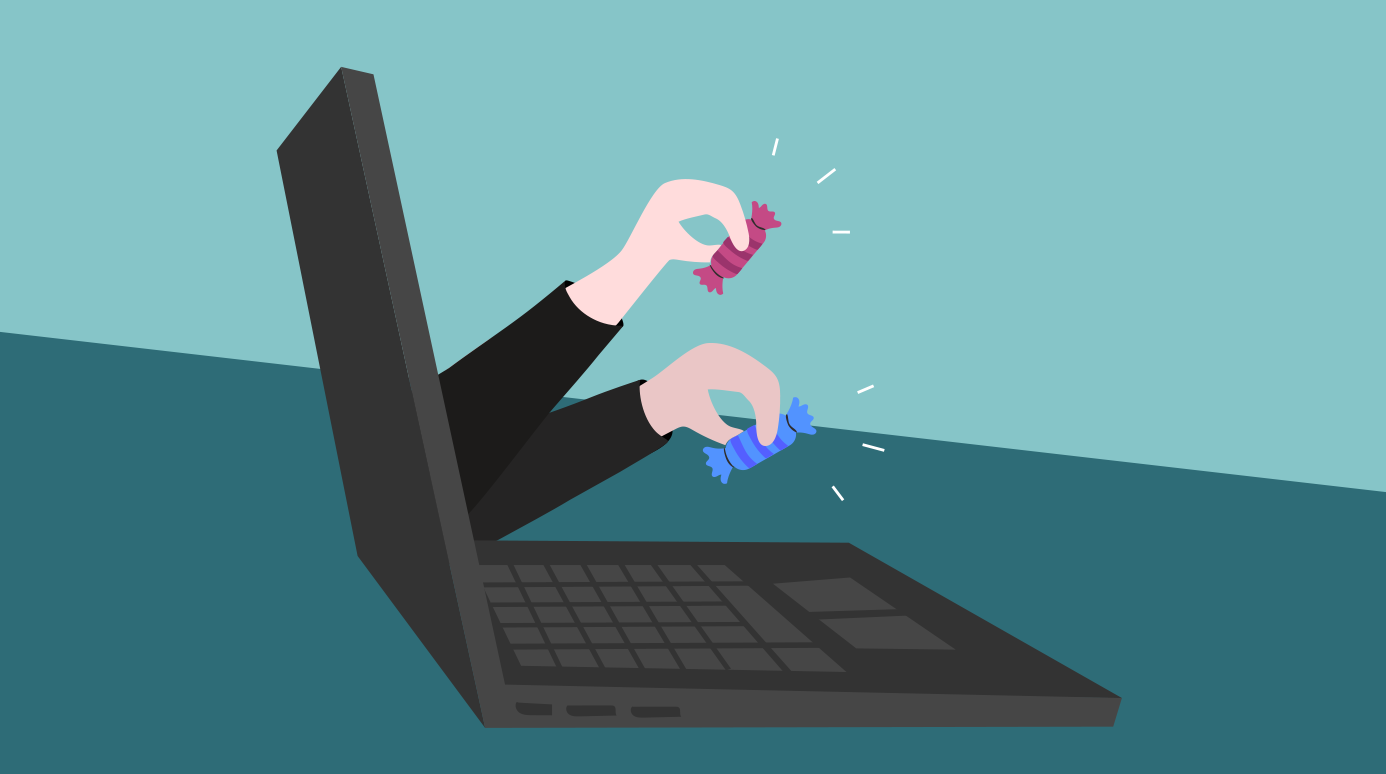Most of us rely significantly on the internet for online schooling, social networking, remote employment, and many forms of entertainment.
However, extensive use does not imply general comprehension.
The good news is that there are several methods to stay secure when using the internet.
While apps play a more significant role in most people’s everyday online interactions than traditional websites, the fundamental Internet safety guidelines have not been altered.
Unsafe surfing can also lead to additional hazards, such as humiliating personal remarks or photographs that are hard to remove once they are online.
Hackers are always looking for your personal information that they may use to gain access to your credit card and bank account.
To assist, we’ve gathered some of the most significant bits of advice below.
Table of Contents
How To Stay Safe On The Internet?
Suppose you are browsing on the ipiratebay.org website. You are aggressively downloading all the movies and music you can, but do you know your ISP keeps track of all these?
If you want to be safe on the internet, follow these best practices:
1: Turn On Your Privacy Settings
Marketers and hackers both want to know everything about you. Your browsing and social media habits may teach both of them a lot about you.
You, on the other hand, have control over your data.
Both web browsers and mobile operating systems provide options to preserve your online privacy.
Privacy-enhancing features are also accessible on major websites such as Facebook.
Make sure you have these privacy measures enabled.
2: Shop From Reputed Sites Only
When you make an online purchase, you must supply credit card or bank account information, which fraudsters are keen to get.
Provide this information only to sites that offer safe, encrypted connections.
According to Boston University, you may identify secure sites by checking for addresses that begin with HTTPS: rather than simply HTTP:
A padlock symbol next to the address bar may also indicate a safe site.
3: Install A VPN
Your local Internet connection is a susceptible endpoint.
Check the security of your device, and if in doubt, wait for a better moment before entering sensitive information such as your bank account number.
Use a secure VPN connection to increase the security of your Internet browsing. For instance, you may use a VPN for gaming to reduce lag and protect your computer against DDoS attacks
VPN allows you to establish a secure connection between your device and an Internet server, ensuring that no one can watch or read the data you exchange.
4: Don’t Share Personal Information On The Internet
Potential employers or clients do not require information about your personal relationship status or home address.
They will need to know about your experience and professional history, as well as how to contact you.
You wouldn’t give out entirely personal information to strangers. So, don’t give it out to millions of people online.
If your personal information isn’t available on the internet, cybercriminals can’t access or steal it.
Therefore, some information, such as your Social Security Number, should never be made public.
5: Choose Strong Passwords
Passwords are one of the most vulnerable points in the Internet’s security architecture, but there is presently no way around them.
The issue with passwords is that individuals prefer to use passwords that are easy to remember, but those passwords are also easy for cybercriminals to guess.
Choose strong passwords that are difficult for attackers to decipher.
Password management software can help you manage many passwords and keep track of them, so you don’t forget them.
A strong password is one that is complicated, with at least 15 characters that blend letters, numbers, and special symbols.
6: Update Your Antivirus Software
A reputable cybersecurity solution will give you an extra layer of protection, protecting your back when you download a malware-laced file.
Although Internet security software cannot defend against every danger, it can detect and eliminate most malware.
However, you ould make sure it is up to date.
Be careful to keep up with operating system upgrades and program updates. They add an essential layer of security.
7: Be Careful Of What You Download
Cybercriminals’ primary objective is to lure you into installing malware programs or apps containing viruses or attempting to steal information.
This virus may be camouflaged as an app, anything from a famous game to a traffic or weather app.
You should avoid downloading anything from suspicious links from untrustworthy sources and spam emails.
Online quizzes, clickbait, free offers, tabloid headers, and unwanted adverts also contain viruses. So, don’t download anything from them either.
Wrapping It Up
As we end our discussion, we are optimistic that you will implement these practices from now onwards to ensure safety on the internet.
However, we don’t guarantee that nothing can harm your online reputation once you implement these practices.
But, these practices will keep you on a much safer side. If you want to know more, let us know in the comment section.





Leave a Reply
You must be logged in to post a comment.